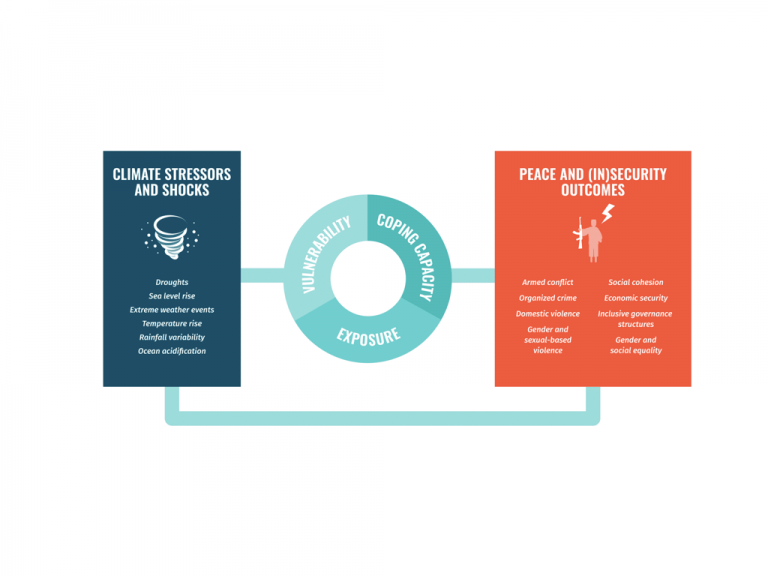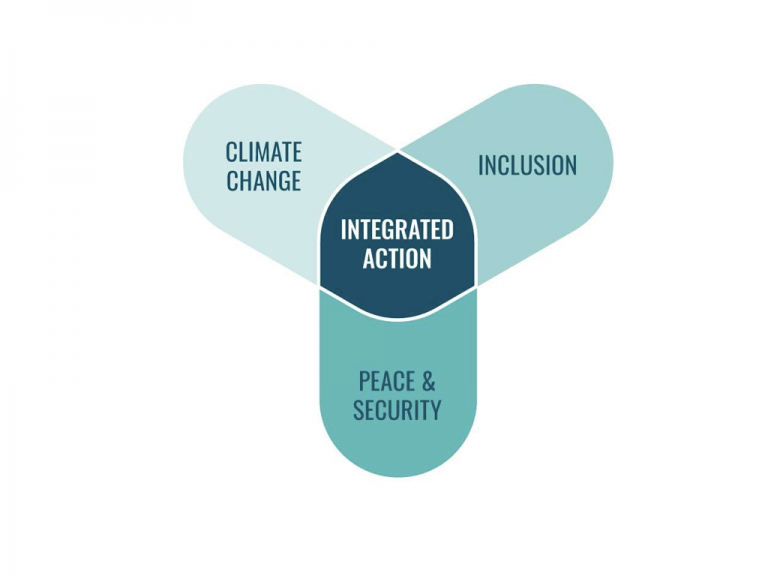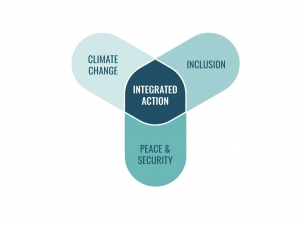Aart Bos
Global Leadership MasterPeace Foundation
Climate impact; “You won’t see it until you realize it”
I always was a fan of Johan Cruyff, and as I am Dutch, off course I think he was the best soccer player ever. When I was young boy I tried to copy his moves, in later years I was intrigued by his vision on leadership in- and outside the pitch.
Regarding my topic of climate impact his statement “You won’t see it until you realize it” resonates best.
Two weeks ago we organized the MasterPeace bootcamp with 40 MasterPeace friends from 6 countries in South East Asia. Besides the great bonding we discussed in depth global and regional challenges like corruption, climate impact, brain drain and migration, lack of social inclusion and gender gaps and how to cope with this multicomplex animal.
As the word “Crisis” originates from cross roads we are at the brink of a disasters that can be transformed in an innovation and collaboration opportunity. This however requires immediate and profound actions from all the 8 billion people on this planet. By both government, business and civil society who need to align agendas and objectives.
I like to share some of our considerations:
1. Climate change does not directly and automatically lead to more insecurity and conflict. However, climate change can exacerbate existing risk factors, especially in already fragile contexts. These risks can exacerbate challenges related to governance or deepen the marginalisation of some groups, in particular women and girls.
2. Climate change affects us all – but it does not affect us all equally. Social norms, expectations, and power dynamics determined by gender, age, ethnicity, race, socio-economic status and other identity markers shape the ways people experience climate change impacts and their associated security risk

3. Gender and other dimensions of identity play a critical role in determining how people experience, respond to and recover from climate-related security risks, which can further entrench inequalities:
Women have distinct roles in natural resource management and livelihood production and therefore have unique knowledge and capacities for designing effective adaptation strategies;
In communities experiencing the out-migration of men, women are often faced with larger burdens to care for their households and the community and therefore have particular needs as well as abilities;
Women and men often face different risks of violence. Understanding what these risks are is an essential first step to designing effective protection and prevention strategies.
4. Context matters: The combination of exposure and vulnerability determines the impact of climate stresses and shocks on peace and security. Socio-economic, political, and demographic factors shape the risk landscape and the potential for climate change to exacerbate insecurity, conflict and violence. Where coping capacities at the state, community and individual levels are weak, responding to climate shocks is more difficult and a negative cycle of disaster and conflict can emerge. Multiple layers of marginalisation and compounding discrimination are at stake. Two of the evident consequences:
Local resource competition (conflicts and wars often originate from e.g. water scarcity or the battle on access to lithium as a valuable source in our mobile phones)
Livelihood insecurity- (drought and flood destroy our crops like in Pakistan in 2022; The floods affected all four of the country’s provinces and approximately 15% of its population. The United Nations Office for the Coordination of Humanitarian Affairs (UNOCHA) says that six months after the Government of Pakistan declared a national emergency, approximately 1.8 million people are still living near contaminated and stagnant floodwater
5. Climate related security risks are not a challenge reserved for developing countries, but affect countries in regions all over the world. The Global East and South are hit first and the hardest. The Global West and North can learn from their resilience and innovation;
In Europe we are working especially on the behaviour of youngsters. To create awareness that the not only have the voting power once every 4 years, but a daily buying power with their € Euro’s; As lifestyles change and consumption grows similar behaviour will increasingly be replicated in emerging and developing countri



